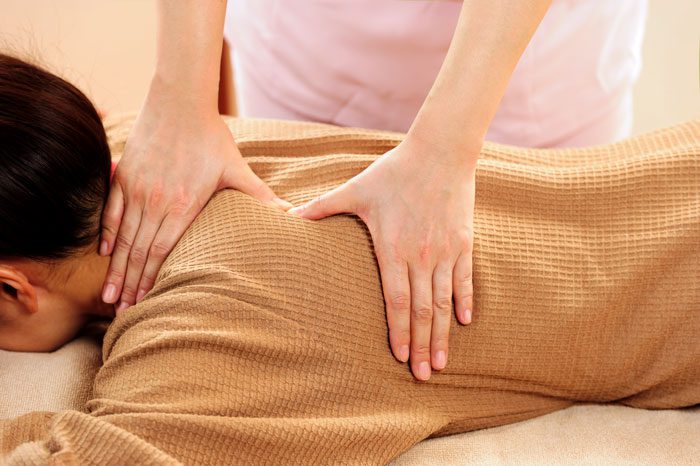By Sandy Baker
In many commercial institutions, getting a massage is marketed as an indulgent way to overcome stress.
Yet, massage therapy can offer much more to individuals in addiction treatment.
Massage therapy is a treatment focused on stimulating healing within the body while also encouraging the central nervous system to release feel-good hormones. As a component of addiction treatment, massage therapy works to help you in a variety of ways.
Supporting Healthy Hormone Balance
Individuals in detox and the early stages of drug addiction treatment typically experience a significant reduction in dopamine, which is an important hormone to control moods. Massage therapy works to increase the body’s natural production of dopamine and serotonin. This can help to minimize the physical and mental uncomfortableness that occurs during early treatment.
A study published by the National Institutes of Health demonstrates this. It found because of these benefits, massage therapy can be beneficial to numerous treatments for medical conditions and stress reduction.
Massage therapy also reduces the body’s reaction to stressors which can trigger the release of cortisol. This is a hormone that moves through the body to stimulate the body’s organs to respond to stress. By reducing production of cortisol, massage therapy helps minimize the anxiety and restlessness you may feel during early treatment.
Improving Sleep Quality
Massage therapy helps individuals to sleep better. Withdrawal and early treatment can create insomnia in many people. You are facing numerous emotions and changes in the recovery process. At any point – from the early side effects of withdrawal to the worrisome feelings of failure – you may have sleepless nights. Massage therapy can help to ease the mind and encourage more sleep and better quality of sleep in many people.
Reducing Pain and Discomfort
When you stop using drugs and alcohol, you may begin to “feel” more. That is, aches and pains that were numbed by these drugs are no longer hidden. You may also feel physical pain from the process of withdrawal. Addiction creates physical changes in brain chemistry that cause the brain to virtually demand access to those substances. When not available, the central nervous system responds with pain signals.
Massage therapy can ease this recovery-related pain. Massage helps to stimulate blood flow to damaged tissues and muscles. That blood flow helps to minimize the presence of cortisol – the stress hormone – and works to encourage healing on a cellular level. The result of this is less physical pain. Without that pain, you may be able to achieve more of the tasks you need to and feel good during your recovery process.
Stimulating Relaxation
Massage therapy can also stimulate pressure receptors in the brain. As a result, it can help improve the function of the vagus nerve. The vagus nerve is a primary nerve present in the brain. When stimulated, it can help to reduce blood pressure and slow the heart rate, which creates a sense of relaxation. It also helps to reduce stress hormones in the body.
For men and women who previously turned to drugs or alcohol for relief from stress and pain, a simple massage allows the body’s natural systems to relax.
Two Forms of Massage – Which Is Right for You?
During your addiction recovery, it helps to work with a trained professional capable of providing care across the board. They should be able to help you with holistic care that benefits your whole body and mental health. There are two types of massage available from these professionals: rehabilitative massage and relaxation massage.
- Rehabilitative Massage – In this form, the goal is to encourage the proper function and movement of the body. This type of massage focuses on improving the body’s ability to heal, improve, and grow. Deep tissue massage is often used.
- Relaxation Massage – As noted, the benefits of a relaxation massage are clear for those with addiction. The difference with this type of treatment is that it works to relieve tense muscles, stimulate blood flow, and reduce anxiety and stress.
Massage therapy can offer support to you at any stage of your recovery. As a form of holistic care, it can also be one of the best ways for you to see significant improvement in your quality of life during recovery.













